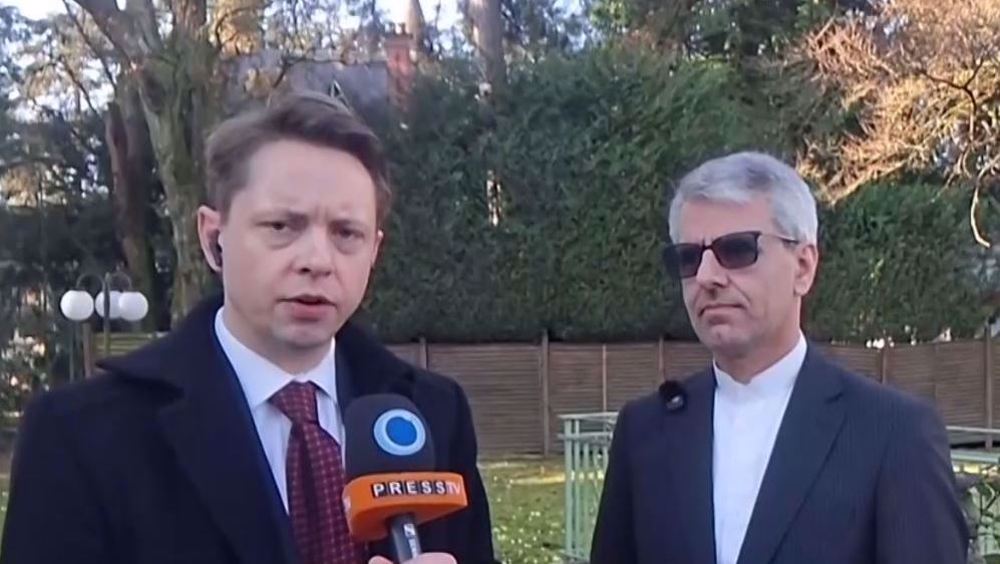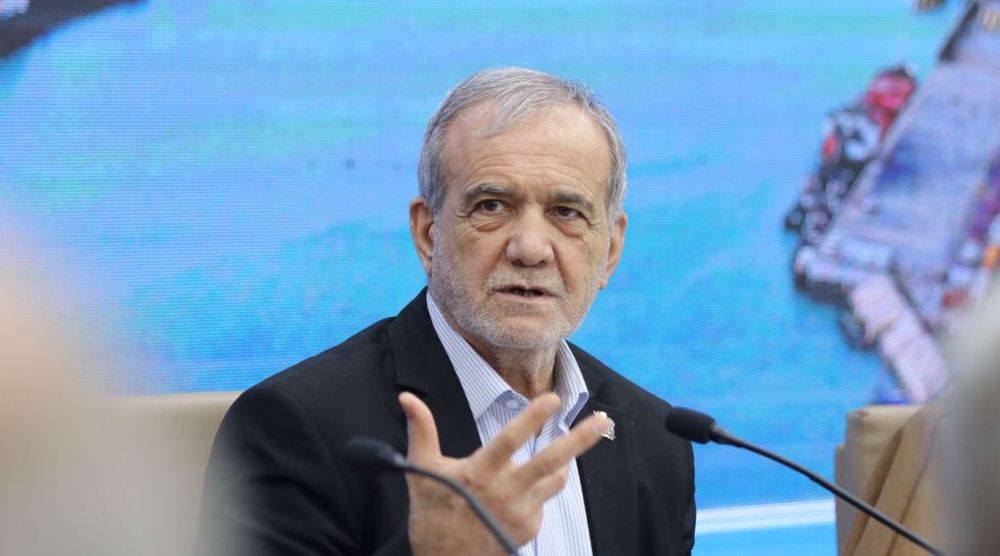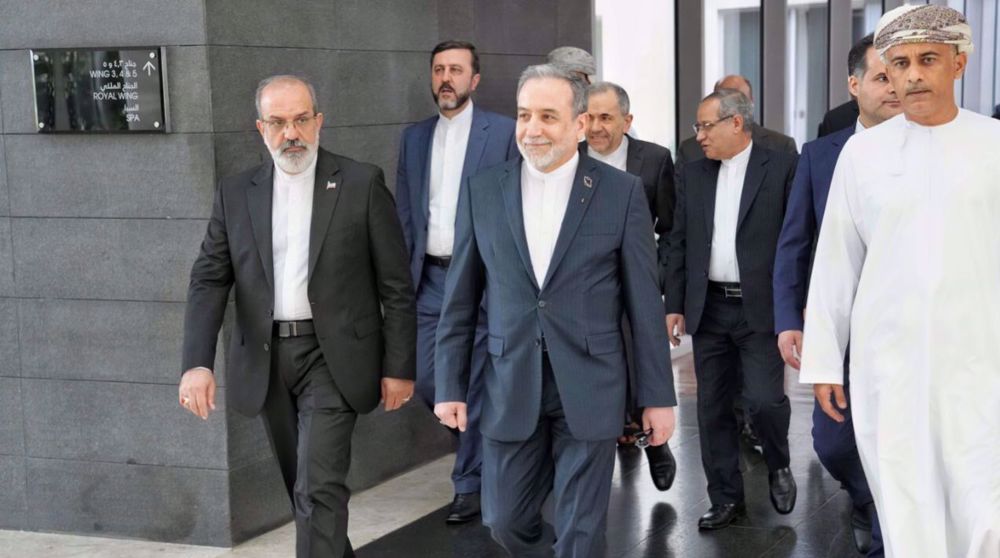EU’s Borrell vows to do everything possible to preserve JCPOA as stepping-stone toward other shared concerns
The European Union foreign policy chief says he will do “everything possible” to preserve a 2015 nuclear agreement between Iran and major world powers despite the deal facing "great pressure on multiple fronts,” stressing that the accord's full implementation can become a “stepping-stone” toward addressing other shared concerns, including regional security.
“As the current coordinator of the JCPOA, I will continue to work with all remaining parties to the deal, as well as with the entire international community. We will do everything possible to preserve what we achieved five years ago, and to ensure that the deal remains effective,” Josep Borrell said in his book titled European Foreign Policy in Times of COVID-19.
He added that the nuclear agreement, officially known as the Joint Comprehensive Plan of Action (JCPOA), is under great pressure on multiple fronts, particularly after the US decided in May 2018 to withdraw from the deal and reinstate sanctions on Iran in pursuit of a new strategy of “maximum pressure.”
He said that he belived action to maintain the JCPOA is not just necessary but urgent, saying "it took more than 12 years for the international community and Iran to bridge their differences and conclude a deal. If the JCPOA is lost, no other comprehensive or effective alternative will be waiting around the corner."
Borrell once again called on all parties to the JCPOA to remain committed to its full implementation as the deal has become a “key component of the global nonproliferation architecture.”
The future of the JCPOA, signed between Iran and the P5+1 group of countries -- the US, UK, France, Russia and China plus Germany, has been in doubt since the US under ex-president Donald Trump pulled out of the agreement and imposed the “toughest ever” sanctions on Iran as part of his so-called “maximum pressure,” which tried in vain to force Iran back to the negotiating table for talks on a “better deal.”
Despite throwing verbal support behind the JCPOA, the European parties to the deal — France, Britain and Germany — have succumbed to Washington’s pressure and failed to fulfill their contractual commitments under the agreement to protect Tehran's economic interests.
That promoted Tehran to begin a set of retaliatory measures in several stages as part of its legal rights stipulated in Articles 26 and 36 of the JCPOA. The latest such measure was the halt in the implementation of the Additional Protocol, which was required by the parliament-adopted law.
In his book, Borrell said Iran must return to full compliance with its nuclear obligations; but it also needs to be able to reap the economic benefits envisioned in the agreement.
“Having already established measures to protect our companies against extraterritorial US sanctions, we in Europe can do more to satisfy Iranian expectations for legitimate trade,” he added.
He emphasized that the EU would intensify its efforts to build bridges and narrow the gaps among all concerned parties.
“I am convinced that if we do manage to preserve the JCPOA and ensure its full implementation, it can become a stepping-stone toward addressing other shared concerns, including those related to regional security,” the EU foreign policy chief pointed out.
The JCPOA is enshrined in the international law through UN Security Council Resolution 2231, he said, adding, “It stands as a prime example of what European diplomacy and effective multilateralism can achieve within the rules-based international order.”
He said the JCPOA is not merely a symbolic success as it delivered on its promises and proved effective.
The top EU official noted that the International Atomic Energy Agency (IAEA) confirmed in 15 consecutive monitoring reports between January 2016 and June 2019 that Iran had met all its obligations under the deal.
“It is important to remember that the Iranian nuclear program remains under tight scrutiny, with its peaceful nature being constantly verified. Thanks to the IAEA inspections regime, we continue to know a great deal about the Iranian nuclear program, even under the current circumstances. If the agreement were to be lost, however, we would lose these insights and be set back by two decades,” Borrell pointed out.
IAEA Director General Rafael Grossi said on Tuesday that a US return to the JCPOA is “difficult” but still “possible,” calling on Iran’s partners in the deal to seize the three-month chance offered by Tehran as part of a bilateral understanding with the watchdog to revive the nuclear deal.
Speaking in a video appearance before three European Parliament committees, Grossi, “They (the US) want to come back. But of course ... there are a number of issues that still need to be clarified. So it’s not impossible. It is difficult, but not impossible.”
Iran strongly alarms UN about dire consequences for perpetrators following Leader's martyrdom
Hezbollah strikes occupied Haifa in retaliation for Leader's assassination
Ansarullah mourns Leader's martyrdom as 'great loss' caused by 'most wretched terrorists'
Hezbollah offers condolences to Iranian nation over Leader’s martyrdom
US-Israeli strike targets IRIB facility; broadcasts continue
IRGC: Latest waves of Op. True Promise 4 led to tanker strikes, base shutdowns, heavy casualties
CENTCOM confirms US troops killed in Iran’s retaliatory strikes
China ‘strongly condemns’ US-Israeli assassination of Iran’s Leader










 This makes it easy to access the Press TV website
This makes it easy to access the Press TV website